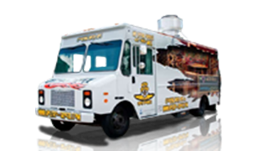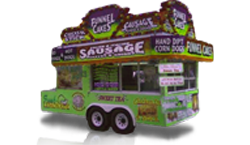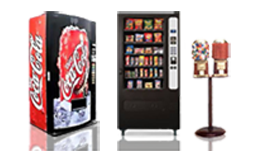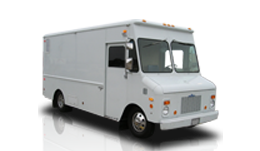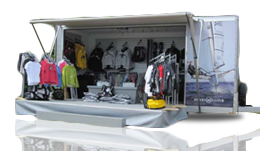How to Detect Identity Fraud When Selling Your Food Truck

Whenever you sell something big or expensive, it’s important that you know who is doing the buying, just in case something untoward happens, you find yourself suddenly involved in something that calls for legal action, or you find that you can’t contact the buyer. This is particularly true when selling a used vehicle such as a breakfast food truck. In fact, checking the buyer’s identity is one of the key things to do before you agree to a sale.
Unfortunately, people have found ways to work around this, mostly by using a fake ID in some way. While some do manage to pull off such a scam, it doesn’t mean you have to fall for it. Of course, it would mean paying attention whenever a potential buyer shows you their identification card and possibly asking a few probing questions you ordinarily wouldn’t ask. But wouldn’t you rather make a legitimate sale than sit and worry about potentially selling to a person pretending to be someone they’re not?
That said, here are a few tips to remember.
What’s Inside
Check the Quality
You know how your own ID cards feel, so you should know that there’s a certain weight and thickness to the material, and how official IDs are difficult to bend. So if a potential buyer hands you an ID, don’t be afraid to feel the material, check the thickness against an ID of yours, and perhaps even bend the card. If it easily – and permanently – bends, or some feels like it was made with the wrong material, chances are this is a case of identity fraud.
Check IDs for Certain Hallmarks
No matter what sort of ID the buyer hands you, it’s important to remember certain traits or hallmarks that all real IDs share. First, the ID will typically have a fine-line pattern in the background, in addition to a transparent version of the identification photo behind the individual’s personal information. Then, some information will be embossed and you can easily feel that by running a finger over the surface of the card. Finally, certain laser-cut words or images will show up when you hold the ID up to the light, as will state-specific holographic images.
Those hallmarks are a way to tell that the ID was printed by a special printer, and such traits can’t be duplicated by a regular home printer. So if the ID lacks any of these traits, there’s every chance that it’s a fake.
Someone could try and bypass this check by giving you a photocopied version of the ID, and if that happens, you could always ask for the original and say you want to make a photocopy yourself as a precaution.
Make Sure the ID Isn’t Borrowed
If you’re holding an ID that has all the trademarks of a real ID, it could simply be a borrowed ID, in which case you could still be dealing with identity fraud.
If you suspect this, carefully compare the photo on the ID with the person standing in front of you. Don’t just look at the hair style and weight, which can change over time. Instead, look at the eyes, which don’t change a lot over time and are difficult to imitate. For that matter, you could check that the photo isn’t just an ID photo pasted over that of the original ID holder.
If you’re still unsure, have the buyer verify information that only the original ID holder would know, such as their middle name. You could also mispronounce the given or last name, or misstate the middle initial and see if the person instinctively corrects you. If they can’t verify information or they don’t correct your mispronunciation, it’s highly likely that they’ve given you a borrowed ID instead of their own.
Ask Questions
In some cases, a fake ID is so good that it passes muster, or you’re still unsure whether or not you’re dealing with someone who’s using a borrowed ID. When that happens, you could try asking more questions to verify the person’s identity. Usually, someone who’s using a fake ID in some way will start giving off physical cues that they’re trying to deceive you somehow, brought on by nervousness because you’re going the extra mile to check for identity fraud.
You could start by asking them to tell you again how their name is spelled, while you appear to write it down somewhere. If they’re using a borrowed ID or it’s been altered, they might slip up and misspell the name, or give you an entirely different name. Don’t hesitate to ask about their date of birth or address, either. Even better: ask them to verify those three main pieces of personal information. If they slip up somehow, there’s some identity fraud going on.
So what signs should you look out for that will tell you the person you’re dealing with isn’t being completely truthful? The most common signs to look out for include unusual tension in the body, gesturing that becomes more and more animated, a lack of eye contact, and a voice that increases in pitch or starts sounding shaky. They could even be looking up constantly, a sign that they’re trying to recall the made-up information that’s on the ID.
The above tips may seem like a lot to do just to stop a sale from pushing through in case there’s identity fraud involved, but if you can avoid selling your food truck to the wrong person and keep yourself from falling for a scam in some way, that effort will be worth it. So don’t just pay attention to when to sell your used food truck, or where to sell it. Being careful about who you sell it to is just as important.


